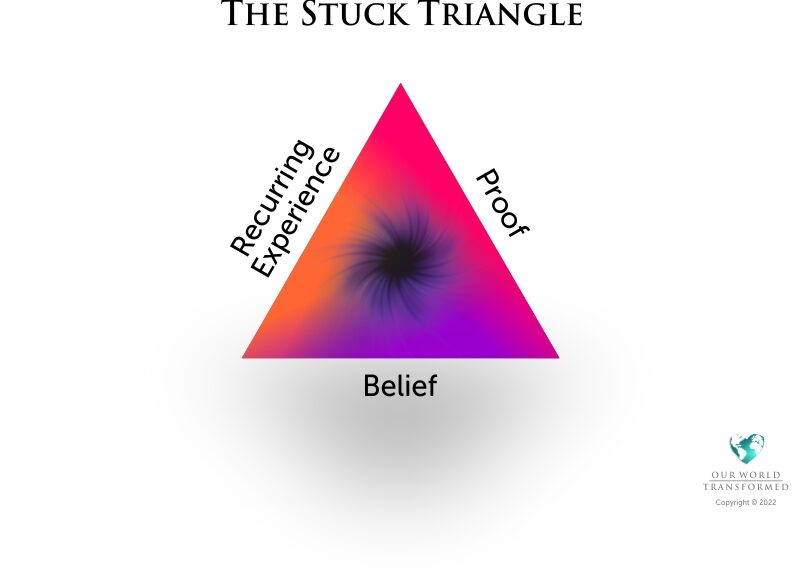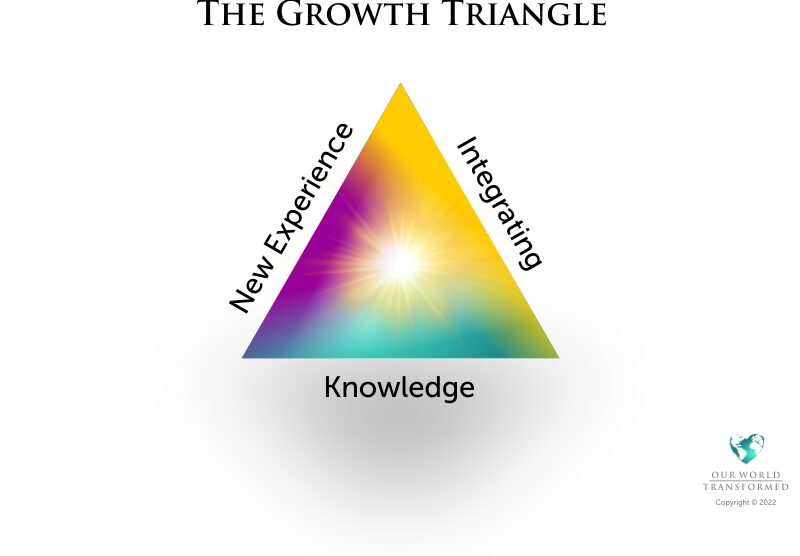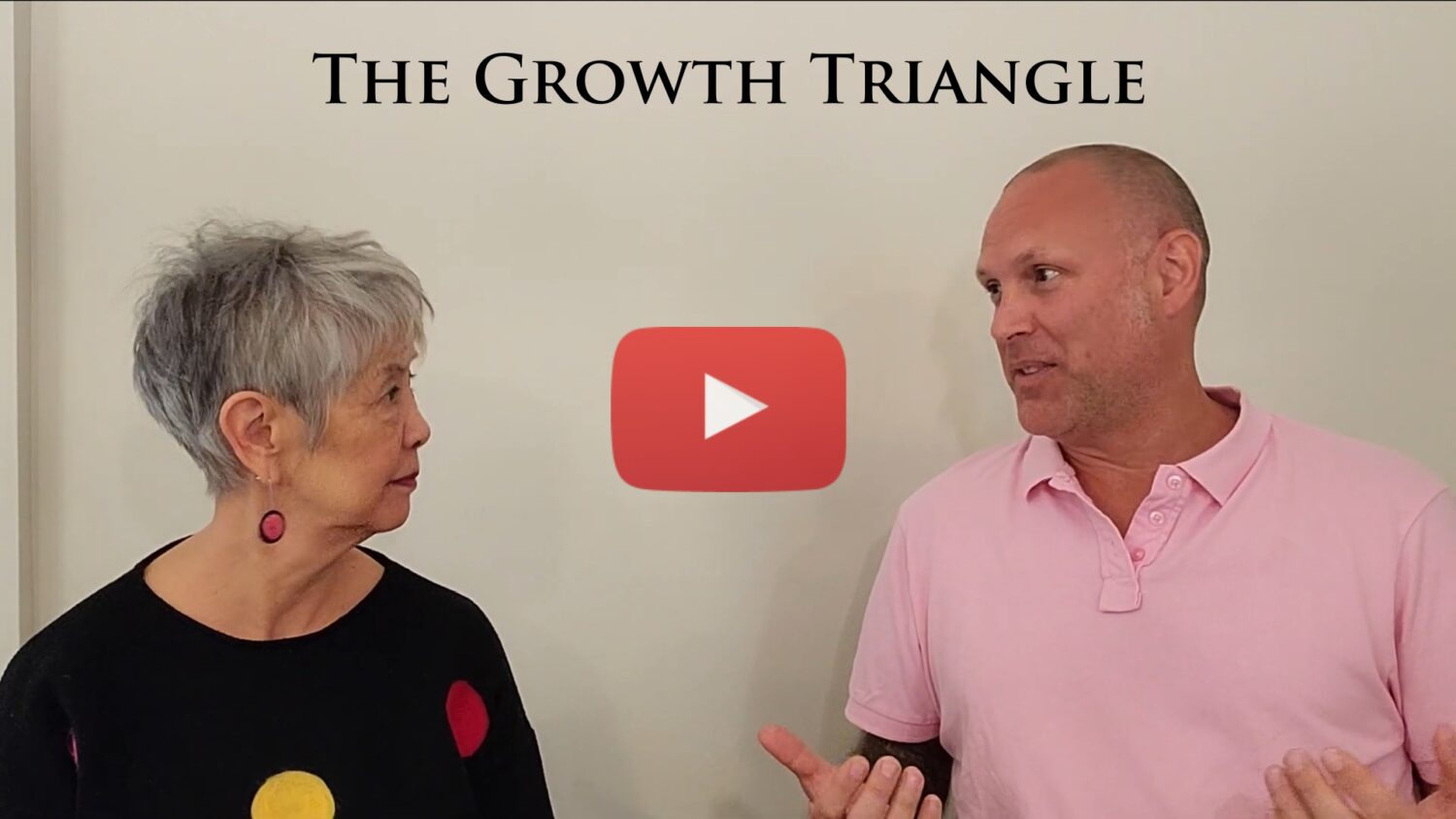Before diving into the ingredients we recommend for an upward, transformational path, I want you to recall the best meal you’ve ever had. Picture it there in front of you and remember what it felt like to take a bite – or perhaps scoop – of that delicious meal. Think about the flavors and textures it has, and the satisfied feeling of leaning back as the last morsel turns to bits in your mouth.
Hopefully your mouth is watering now, but don’t run off for a snack just yet – hang on to that memory and I promise to make the most of it in just a few paragraphs.
Firstly, since you are here and reading this, it is likely that you desire some kind of transformation in your life. Some event or events have occurred and inspired a desire for growth within you. I would like you to consider what it was that started you on this path. Was it a high point? A feeling of “wow, I need to figure out how to get more of that!” Or was it a low point – a sudden realization that something has to change?
Chances are, it’s a mix of both, but regardless which type of experience has brought you here, we’re glad to have you with us and we want to give you tools to help steer you towards that “wow” feeling. The first tool, in fact, is one you are already familiar with – you just may not have realized it yet.

This tool is called the Stuck Triangle, and we have all experienced its effects. Those of you who had a recent low point might be feeling it acutely. Have you ever felt that, no matter what you do, you always get the same results? Do you feel your life is full of the same patterns or habits? Does it seem like there must be more, but you just don’t know where or how to find it? This is the stuff the Stuck Triangle is made of.
It may even be that the patterns we find ourselves stuck in are quite comfortable; being “stuck” in this sense is not a painful or unpleasant experience so much as an incomplete one. We get the sense that we have stagnated while there is more left for us to uncover, know, and feel. So why did we stop growing?
Well, the first ingredient of the stuck triangle is a belief – one that was likely formed very early in your life. Perhaps the belief was formed after a math test, when your teacher handed you back a paper that said “study harder” in glaring red ink. Or maybe the belief was formed in your childhood bedroom, while you sheepishly scooted toys under the bed because mom told you she can’t stand it when company comes over and sees your mess.
Whatever it was or whenever it happened, you likely formed an underlying belief about yourself or the world that unwittingly locked in. At that moment, the idea that “I’m not smart” or “I have to maintain appearances to be loved” entered into your programming. It’s actually a sensible thing to do – our minds and nervous system try to protect us by recognizing danger (whether physical or emotional, real or imagined) and adapting our behaviour to avoid that danger. But many of us have since discovered that such adaptations often hurt as much as they help, and they obscure the person that we really want to be.
Those learned behaviours, in fact, are the next ingredient of being stuck; after a belief has been formed, we might spend years picking easy classes, avoiding homework, or anxiously tidying up, desperately avoiding the perceived danger in challenging our beliefs. This creates recurring experiences which turn the belief into a habit – by avoiding learning, we perpetuate the idea that we are not smart. By seeking out and treasuring each comment of, “you keep such a lovely home!” we reinforce the belief that we must “do” to earn love. This creates proof in our minds that the belief is real and the cycle of being stuck continues.
Now, if this only happened with beliefs that were aligned with our innermost selves, we’d be all set! But as I’m sure you’ve experienced, some beliefs result in stress, frustration, and various other feelings of incongruence between what we think we should be or do and what we truly want and value. Transformation is the process of becoming more and more congruent, and our next tool shows us the way towards it:
Growth is built upon the conscious integration of new experiences and knowledge. Moving upwards towards transformation means acquiring new ideas, perspectives, or tools we can use to interact with the world. It means seeking out genuinely new experiences to replace the recurring ones we were stuck in before, and leaning into tools and experiences until they become intuitive to your daily life.
A word of warning – focusing on acquiring new knowledge and creating new experiences doesn’t immediately make us unstuck. You can still get stuck by creating a new pattern of seeking, but not applying, new knowledge. Some of us start finding tools for mindfulness, communication, or emotional intelligence and end up creating a great big box of pristine, hardly-used tools.
Think back for a moment to that delicious meal we talked about at the start – that wonderful flavor is our litmus test for a “new experience.” Getting stuck in knowledge is like reading the recipe for that delightful dish over and over, buying the special spoon, mixer, or slicer that we might not even know how to use, and then imagining what the meal is going to taste like without ever preparing the dish.
As an example of this, I currently have in my kitchen a ravioli maker that I have not once used. And, in the kitchen of my mind, I hold at least three recipes for different ravioli dishes. Next to those, my mind has a few ideas for assertive conversation with my roommates about dirty dishes. Those also remain untouched. This causes our kitchens and relationships to become cluttered with unused utensils and unspoken thoughts. We may fantasize about, but never practice or experience, the meal or relationship we desire.
Sometimes new knowledge is simply too advanced for us when we find it; we might think we understand a tool intellectually, but find that practicing it doesn’t give us the new experience we were expecting. Let’s say I came across a beautiful quote:
“Truth is always what IS happening, not your story about what SHOULD be happening.” Byron Katie
Perhaps I decided to apply this wisdom to my situation around the dirty dishes; I tell myself “the truth isn’t that my roommates SHOULD wash their dishes, it’s that they don’t want to wash the dishes.” I then try to ignore the dishes in the sink, congratulating myself on my newfound enlightenment as the resentment I have with my housemates continues to simmer underneath. Using knowledge in this incomplete way – where a problem isn’t solved so much as glazed over – is often due to misunderstanding how that knowledge is supposed to be used. This is why it is so important to sit with new knowledge, looking within ourselves until we feel a genuine shift in our understanding of the knowledge before applying it.
While we are absorbing new knowledge and creating new relationships with ourselves and the world around us, it is important that we remain patient with the process of integration. It takes time to practice putting knowledge into action, to create new behaviour, reflect on our experience, and to process those results into wisdom. A good marker that you’ve reached an integrated state is when you can share your journey with others. Describe how your experience has changed you and what brought you to your new insight; if the change feels clear, you’ve probably given growth the time it needs to be digested.
But the time to integrate doesn’t have to feel like waiting – imagine it as building and anticipating. Remember that mouth-watering experience of your favorite meal? That’s the type of thinking that makes integration feel easy to work towards. Every time you run into a hard conversation, a stressful moment, or maybe just get a little bored, picture the delicious spread awaiting you. Suddenly you’re not just buying milk, peeling potatoes, or boiling water – you’re making the world’s best baked potato soup!
Now that I’ve worked up your appetite, I’ll let you get to cooking. But as you do, try to practice the knowledge you’ve gained here. Think about where you may be stuck in old beliefs. Pick one, or maybe two, and use the guidance from the Stuck triangle to get clarity on what isn’t working. Then the Growth Triangle will help you move forward. What new thought, idea, belief would help you? Remind yourself of your goal: the wonderful flavors that await you when the cooking is done. And don’t forget to give yourself time before, during, and after to process, and to keep your senses peeled for a truly new experience within yourself – you’ll know you’re on the right track if life starts to smell more and more delicious.

